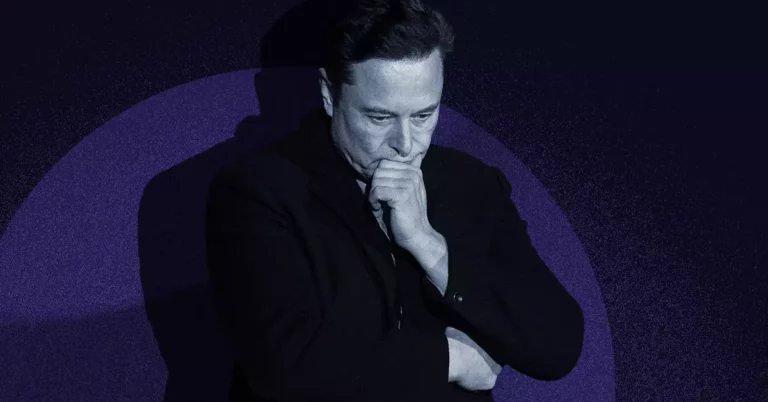In the continuously evolving landscape of technology and governance, few figures command as much attention and influence as Elon Musk. Recently appointed as the co-lead of the Department of Government Efficiency (DOGE) advisory group—despite it not yet having materialized—Musk is already wading into controversial waters. His approach raises questions about the impact of social media on government employees and the broader implications for public service.
One of the most striking aspects of Musk’s new initiative is his tendency to target and publicly condemn specific government roles and employees. An example includes his focus on Ashley Thomas, the Director of Climate Diversification at the US International Development Finance Corporation. By sharing a screenshot criticizing her position and declaring it a “fake job,” Musk leveraged his massive platform on X to instigate a wave of backlash. His commentary, which amassed over 33 million views, reflects his proclivity for provocative statements designed to resonate with taxpayers who may feel the government’s financial burden.
The consequences of Musk’s posts are not merely digital spectacles; they can catalyze real-world harassment and threaten the safety of the individuals involved. As reported, the wave of vitriol directed at Thomas led her to privatize her social media accounts—to shield herself from intensified scrutiny and backlash. This cycle of online mobbing illustrates how public discourse can quickly devolve into personal attacks, often with significant emotional and psychological ramifications for those targeted.
Everett Kelley, president of the American Federation of Government Employees, characterized Musk’s tactics as “aimed at sowing terror and fear at federal employees.” This sentiment echoes a broader concern: the erosion of public trust and morale within government institutions. As civil servants become targets of public condemnation, the potential for self-censorship may grow, stifling innovative ideas and valuable contributions from those committed to serving the public good.
Musk’s actions raise critical ethical questions about the line between free speech and responsible discourse. While advocating for transparency in government, the methods employed—particularly the harassment of individuals—pose risks that outweigh potential benefits. The juxtaposition of Musk’s humor and utility with the distress inflicted on individuals highlights a troubling dynamic: one where public figures can wield their platforms irresponsibly, leading to societal division and fear.
As the DOGE initiative unfolds, it remains to be seen how Musk’s actions will influence the broader landscape of government operations and public service. His dual commitment to transparency and confrontation has the potential to reshape our understanding of accountability in the age of social media. However, the stakes are high, and vigilance is necessary to ensure that the drive for efficiency does not devolve into harassment and disillusionment among the very individuals striving to address significant societal challenges.
- BYD’s Lingyuan: A New Era of Vehicle-Integrated Drone Technology - June 23, 2025
- The Rise of Xiaomi: An Overview of the Company’s Latest Innovations - June 23, 2025
- Ikea Enters the Thread Realm: The Timmerflotte Sensor - June 23, 2025


Leave a Reply